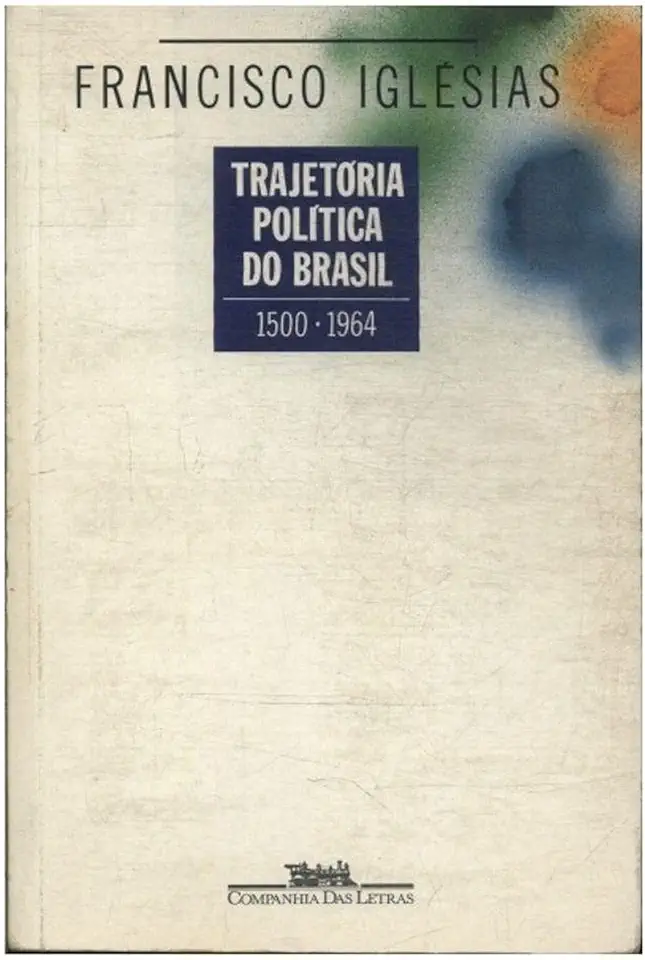
Brazil's Political Trajectory 1500-1964 - Francisco Iglésias
Brazil's Political Trajectory 1500-1964: A Comprehensive Overview
Introduction
In his seminal work, "Brazil's Political Trajectory 1500-1964," renowned historian Francisco Iglésias embarks on an epic journey through the annals of Brazilian history, meticulously chronicling the nation's political evolution from its colonial beginnings to the cusp of the modern era. With unparalleled depth and clarity, Iglésias unravels the intricate tapestry of Brazil's political landscape, shedding light on the key events, influential figures, and transformative movements that shaped the nation's destiny.
A Captivating Narrative
Iglésias's narrative is a masterclass in historical storytelling, effortlessly weaving together a wealth of primary and secondary sources to present a comprehensive and engaging account of Brazil's political trajectory. His prose is lucid and engaging, drawing readers into the heart of the action and allowing them to experience the drama and intrigue of Brazil's past firsthand.
Key Themes and Insights
Throughout the book, Iglésias deftly explores several key themes that have profoundly influenced Brazil's political development. These include:
The enduring legacy of colonialism: Iglésias examines the lasting impact of Portuguese colonization on Brazil's political institutions, social structures, and cultural identity.
The struggle for independence: The author vividly recounts the events leading up to Brazil's independence from Portugal in 1822, highlighting the pivotal role of key figures such as Dom Pedro I and José Bonifácio de Andrada e Silva.
The rise of republicanism: Iglésias delves into the factors that led to the overthrow of the monarchy and the establishment of the republic in 1889, analyzing the ideological currents and political conflicts that shaped this transformative period.
The challenges of nation-building: The author explores the challenges faced by Brazil's early republican governments in consolidating national unity, promoting economic development, and addressing social inequalities.
The Vargas era: Iglésias provides a comprehensive analysis of the rise and fall of Getúlio Vargas, one of Brazil's most influential and controversial leaders. He examines Vargas's populist policies, authoritarian tendencies, and the impact of his regime on Brazilian society.
A Must-Read for Historians and Brazil Enthusiasts
"Brazil's Political Trajectory 1500-1964" is an indispensable resource for historians, scholars, and anyone interested in gaining a deeper understanding of Brazil's political evolution. Iglésias's meticulous research, insightful analysis, and engaging narrative make this book a must-read for anyone seeking to unravel the complexities of Brazil's past and its implications for the nation's present and future.
Conclusion
In "Brazil's Political Trajectory 1500-1964," Francisco Iglésias has crafted a monumental work that stands as a testament to his profound scholarship and unwavering commitment to historical accuracy. This book is a must-have for anyone seeking to comprehend the intricate tapestry of Brazil's political journey and its enduring impact on the nation's identity and trajectory.
Enjoyed the summary? Discover all the details and take your reading to the next level — [click here to view the book on Amazon!]